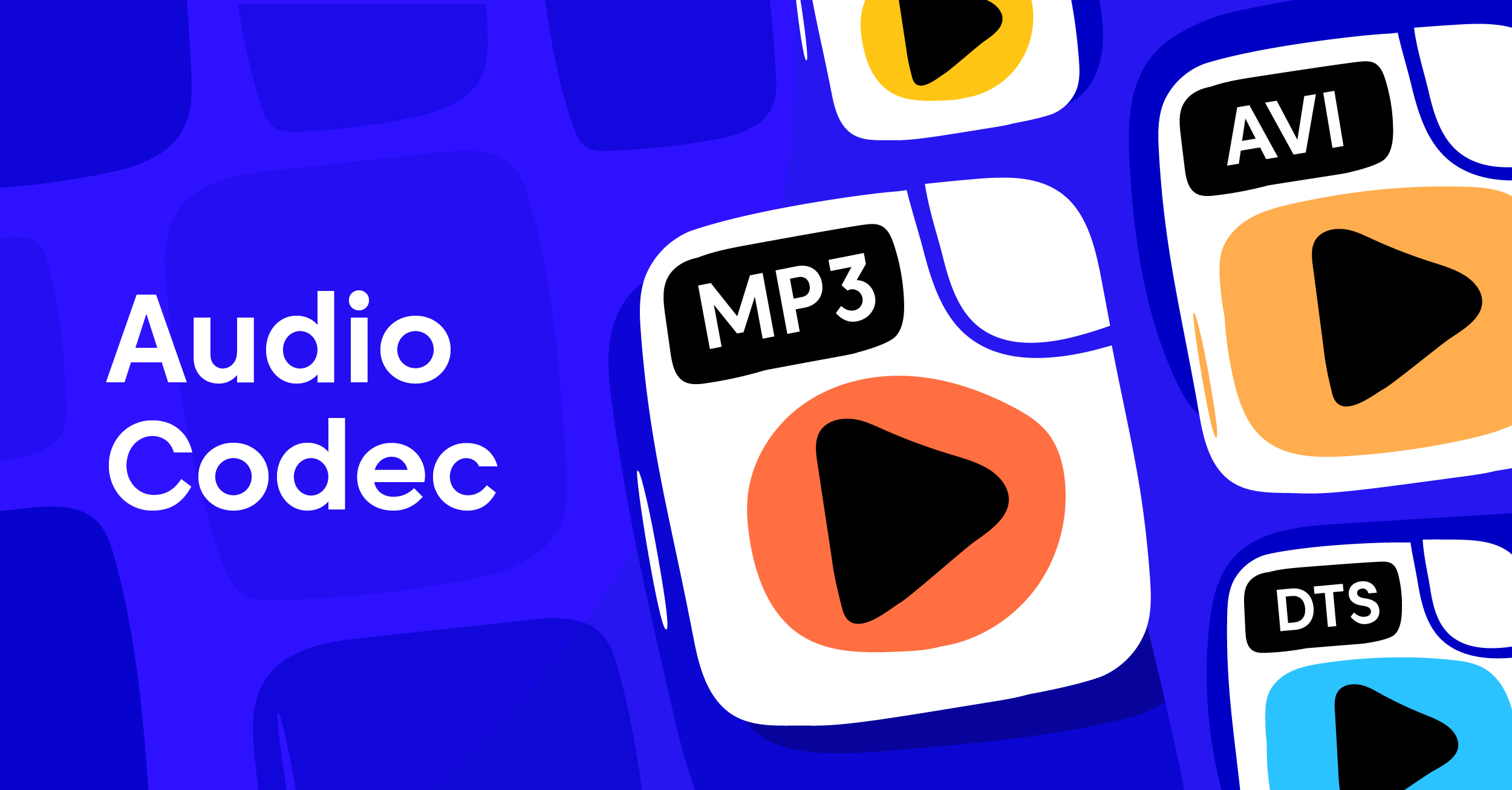XVideo Codec is a term that often comes up in discussions surrounding video compression and streaming technologies. In today’s world, where video content is pivotal to digital communication, understanding codecs is more important than ever. This article seeks to unravel the complexities of the XVideo Codec, its applications, and how it influences the way we consume multimedia content. Whether you are a tech enthusiast or a casual user, gaining insight into this codec will enhance your video experience.
The XVideo Codec serves as a vital tool in the realm of multimedia, enabling efficient compression and decompression of video files. By reducing file sizes while maintaining quality, it revolutionizes how videos are shared, streamed, and stored. From video conferencing to online streaming platforms, the codec plays a crucial role in ensuring that users can enjoy high-quality visuals without excessive buffering or data consumption. Its importance cannot be overstated, especially in an age where high-definition content is the norm.
In this article, we will delve deep into the XVideo Codec, exploring its features, advantages, and frequently asked questions. We will also discuss how it compares to other codecs and what the future holds for video compression technology. By the end, you will have a comprehensive understanding of the XVideo Codec and its significance in the digital landscape.
What is the XVideo Codec?
The XVideo Codec is a video compression technology designed to optimize the storage and transmission of video content. It employs various techniques to reduce the file size of video data without sacrificing visual quality. This codec is particularly effective for streaming applications, where bandwidth efficiency is paramount.
What Are the Key Features of XVideo Codec?
- High Compression Ratio: The XVideo Codec offers an impressive compression ratio, allowing users to store more video files on their devices.
- Quality Preservation: Despite the reduction in file size, the codec maintains a high level of visual fidelity.
- Compatibility: It is compatible with various platforms and devices, making it a versatile choice for video streaming.
- Real-time Encoding: The codec supports real-time encoding, which is essential for live streaming applications.
How Does XVideo Codec Compare to Other Codecs?
When comparing the XVideo Codec to other popular codecs such as H.264 and HEVC, several factors come into play:
- Performance: The XVideo Codec typically offers faster encoding and decoding times than its competitors.
- File Size: It generally achieves smaller file sizes for comparable quality, making it ideal for users with limited storage or bandwidth.
- Quality: While other codecs may excel in specific scenarios, the XVideo Codec strikes a balance between quality and size.
What Are the Applications of XVideo Codec?
The applications of the XVideo Codec are vast and varied, including:
- Streaming Services: Many platforms utilize the XVideo Codec for efficient video delivery.
- Video Conferencing: It enables high-quality video communication with minimal latency.
- Content Creation: Video producers often use it for editing and sharing content online.
Is XVideo Codec Suitable for All Types of Videos?
While the XVideo Codec is highly versatile, its suitability may vary based on specific video requirements. For instance, certain high-resolution formats may benefit from other codecs that specialize in preserving intricate details. However, for most general applications, the XVideo Codec proves to be an excellent choice.
What Are the Future Trends for Video Codecs?
The future of video codecs, including the XVideo Codec, is shaped by advancements in technology and changing consumer demands. Key trends include:
- Increased Resolution: As 4K and 8K content becomes mainstream, codecs will need to evolve to handle larger files efficiently.
- Enhanced Compression: Ongoing research aims to develop codecs that provide even better compression without loss of quality.
- AI Integration: The integration of artificial intelligence could optimize encoding processes and improve user experiences.
Conclusion: Why Understanding the XVideo Codec Matters?
Understanding the XVideo Codec and its implications is essential for anyone involved in video production, streaming, or consumption. As technology continues to advance, being informed about the tools that influence our digital experiences will empower users to make better choices. Whether you're a content creator or a casual viewer, the XVideo Codec is a technology that can enhance your interaction with video content.




